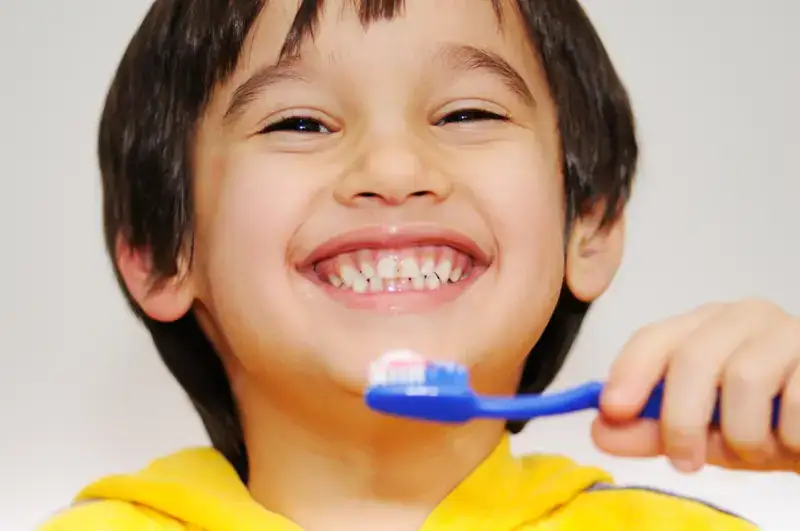If you're thinking about different animals that you might want to draw inspiration from in everyday life, chances are that beavers don't rank very highly. However, you might be surprised to learn that beavers are masters of oral hygiene, and there's actually quite a lot that we can take on from them. So put aside any ill-placed desires to be as brave as a lion or as strong as an ox, and channel your inner beaver while performing those daily ablutions.
Let's take a closer look at what the mighty chompers of these rotund rodents can teach us about oral health, and how this could change dentistry in the future.

To beaver very best
As you'd expect from an animal that spends most of its time gnawing on wood, a beaver's teeth are incredibly tough. This is even more remarkable when you consider that they have no access to toothbrushes, oral rinses or regular dental check-ups. But how do they keep their pearly whites in such great shape?
Well, a recent study conducted by Northwestern University has revealed that the answer is the unique collection of minerals that can be found in the enamel of beaver teeth. The most important of these is iron, which results in a harder, better, stronger surface that laughs in the face of cavities and makes a mockery of decay. In fact, the enamel of beavers is stronger than that of humans, even if regularly treated with fluoride.
Eventually we'll be able to create products that can transmit some of the benefits of iron into our own enamel.
A cure for cavities
So, what can we take away from beavers when it comes to bettering the resistance of our own enamel? Firstly, it's crucial to remember that as with many animals, the structural composition of human and beaver teeth is very similar, with all the same layers and types of tissue. The difference is in the chemical make-up, and specifically those high levels of iron.
While still in the early research stages, the current thought is that eventually we'll be able to create products that can transmit some of the benefits of iron into our own enamel. These could be toothpastes, dental treatments or even something in the water supply like we've done with fluoridation. Regardless of the method, the end result should be stronger teeth and a reduced need to visit the dentist for cavities and decay.
Of course, even with their unique genetics, beavers would probably relish the opportunity to have better access to dental care, so don't take yours for granted. Regular brushing and flossing is still the best way to maintain high levels of oral hygiene, and if you have any questions about taking the best possible care of your smile, contact City Dentists today.
